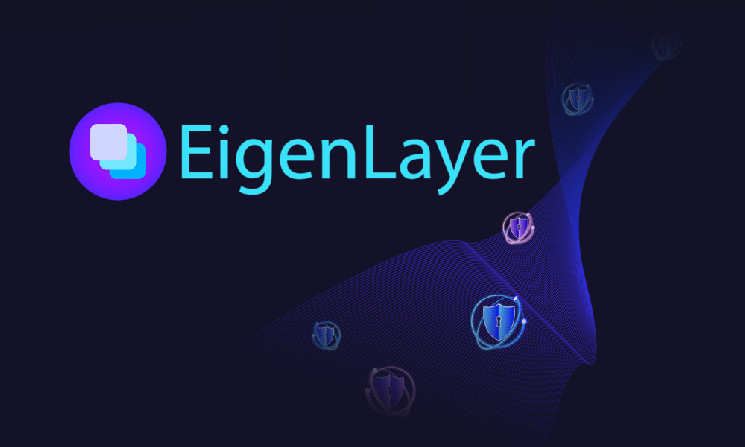EigenLayer, a liquid restaking protocol, has temporarily eliminated its 200,000 ether (ETH) per-protocol staking limit, resulting in a $750 million surge in total value locked (TVL) within hours.
You might also like
ENS Teams Up with GoDaddy to Connect Web Domains with Blockchain Addresses
Apple’s ‘Vision Pro’ to Get Debut Crypto-Focused Metaverse App by Victoria VR
According to DefiLlama data, EigenLayer witnessed over 1 million ETH inflows within two hours of lifting the cap on deposits, pushing the cumulative TVL beyond $3 billion. EigenLayer officially reported a TVL of $3.2 billion at the time of publication, marking a $1 billion increase compared to the previous day’s tally.
Restaking enables investors to earn additional rewards on already staked ETH on the Ethereum blockchain. Staked tokens are locked in an address on the chain in exchange for a steady interest flow, contributing to the platform’s “proof of stake” system security.
EigenLayer allows investors to further increase interest on their staked ETH tokens by restaking them to secure other chains. It currently supports popular liquid staking tokens (LSTs) such as lido staked ETH (stETH) and rocket pool ETH (RETH). Lido and Rocket Pool, among others, stake ETH on behalf of users, issuing LSTs representing the stake, which accrue interest and are tradeable.
Lido’s stETH tokens led the way on Monday, constituting $560 million, or about 80%, of new deposits into EigenLayer.
EigenLayer’s decision to remove caps on LSTs aims to stimulate organic demand, as stated in a recent project blog post. A new cap will be implemented on February 9, with plans to permanently remove the deposit limit in the future.
EigenLayer also announced the imminent launch of its mainnet for operators, enabling investors to operate a node, and EigenDA, a decentralised data availability service, becoming the first actively validated service built on EigenLayer.
Interest in EigenLayer has surged lately, with projects like Puffer Finance and Ether.fi offering generous rewards to users who restake with them. However, some developers caution that EigenLayer’s “shared security” model could strain Ethereum or burden the network.
 coinculture.com
coinculture.com
